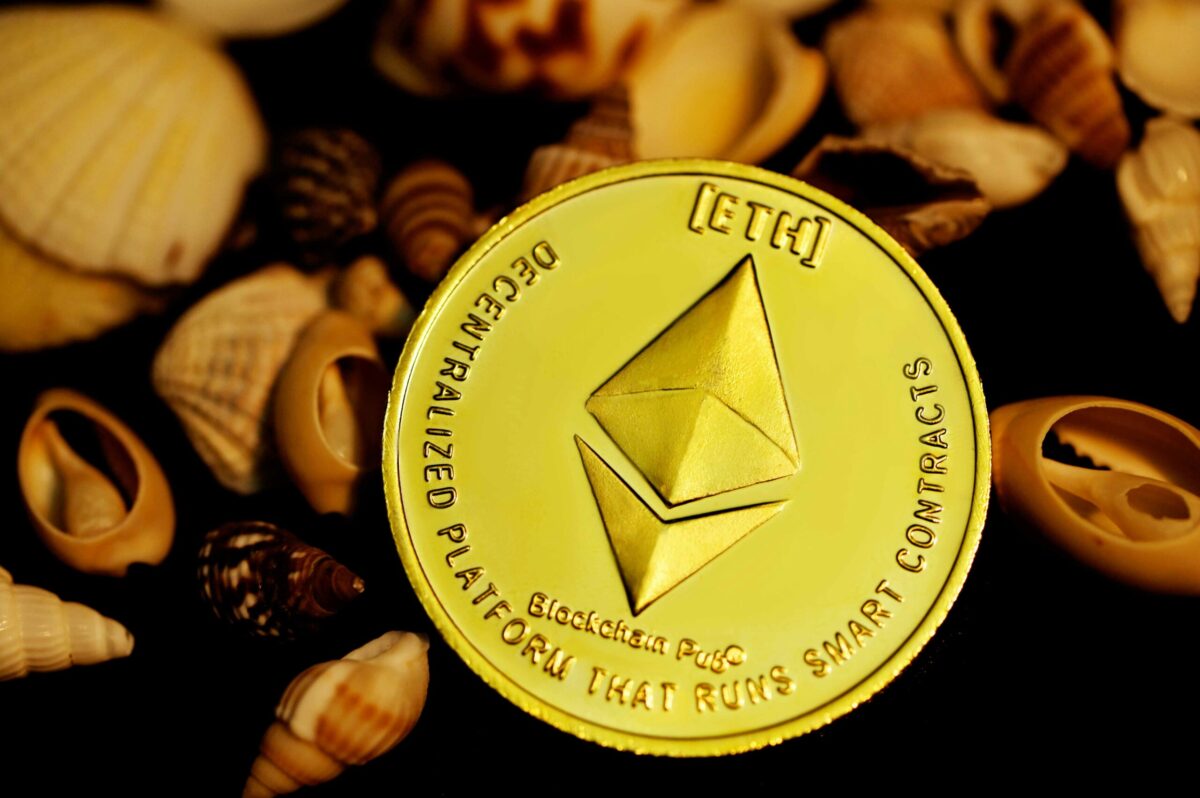Bitcoin spot exchange-traded funds (ETFs) have seen significant inflows, pointing to renewed investor confidence.
On Thursday, the total inflows reached $194.6 million, according to data provided by Fireside Investors.
The BlackRock iShares Bitcoin ETF, trading under the ticker “IBIT”, led the way, attracting $157.6 million. This ETF alone manages over $22 billion in assets.
Meanwhile, the Fidelity Wise Origin Bitcoin ETF, listed as “FBTC”, also performed well, bringing in $65.2 million.
However, the Grayscale Bitcoin Trust has continued to experience outflows.
The overall market has shown signs of recovery, with Bitcoin’s ($BTC) price rebounding to around $60,000 after a recent dip to $49,000. This recovery comes after a period of volatility where Bitcoin dropped from approximately $61,000.
Alongside Bitcoin, global stock markets have also regained some of their losses. Japan’s Nikkei, for instance, plunged more than 12% earlier this week. This is its worst decline since 1987, but has since recovered some ground.
Market activity and price movements
The market downturn earlier in the week sparked a surge in trading activity, particularly in Bitcoin ETFs.
On 5 August, trading volumes for these ETFs exceeded $1 billion, underscoring the heightened interest in digital assets amid market turbulence.
The head of research at Galaxy Digital, Alex Thorn, highlighted the “extremely elevated” trading volumes following the market dip, particularly within Bitcoin ETFs.
By Friday, Bitcoin had extended its Thursday gains, marking the largest single-day increase in 16 months.
This rise saw Bitcoin surpass the $60,000 mark, a significant recovery from its recent low of $49,781.
CoinMarketCap data showed that this recovery wasn’t limited to Bitcoin. Smaller cryptocurrencies also rallied, with Ethereum ($ETH) leading the charge, gaining 10.69% over 24 hours.
Solana ($SOL) and Dogecoin ($DOGE) also posted gains, rising by 4.76%, 2.05%, and 5.05%, respectively.
Several factors likely contributed to this rebound, including the significant inflows into Bitcoin ETFs.
Additionally, a new law signed by Russian President, Vladimir Putin, that legalises crypto mining could have bolstered investor confidence in the market.
This legislative development may have helped restore faith in cryptocurrencies as viable assets.
Challenges in the mining sector
While the market recovery has been positive for many investors, Bitcoin miners are facing considerable challenges.
A sharp increase in mining difficulty last Wednesday, followed by a $10,000 drop in Bitcoin’s price, has created a difficult environment.
The hash price, which represents the earnings miners receive per unit of hashrate, has plummeted to a historic low, falling below $36 per PH/s.
Although Bitcoin’s price has since recovered somewhat, the hash price remains depressed, currently hovering around $40 per PH/s. This marked a 10% drop from the previous low in early July.
The seven-day moving average for hashrate has also been declining since last week. Without a favourable adjustment in mining difficulty, which isn’t expected until next week, miners could continue to struggle.
The situation is particularly dire for miners with higher electricity costs. For example, Bitmain’s Antminer S19XPs, operating at Core Scientific’s facilities, are barely breaking even at the current hash price, with daily hashcosts around $39 per PH/s.
Even large mining companies like Marathon, Core Scientific, and Riot are finding it challenging to maintain profitability under these conditions.
In their recent Q2 financial reports, these companies revealed that their total hash costs had driven their all-in mining costs for July above $60,000 per Bitcoin.
Despite these challenges, some companies, such as Marathon and Riot, are choosing to hold onto their mined Bitcoin, likely in anticipation of better market conditions.
This strategy reflected a long-term view, but it also underscored the limited options available to miners as they navigate this difficult period.


